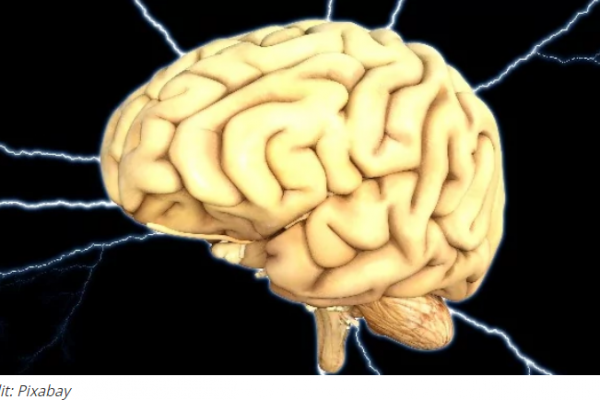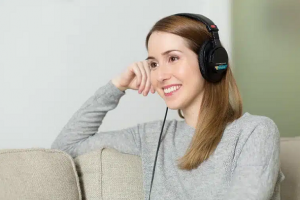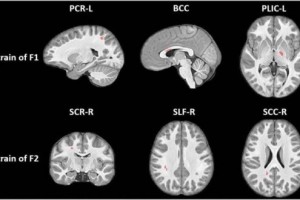Bilingual Children May Lose Less Brain Matter as They Grow Up
Children and adolescents who speak more than one language may reach adulthood with more grey matter, according to a new study.
Children and adolescents who speak more than one language may reach adulthood with more grey matter, according to a new study.
In a paper published in Brain Structure and Function, an international team of academics led by the University of Reading and Georgetown University looked at detailed scans of children’s and adolescents’ brains and found that bilingual participants had potential advantages of both grey and white matter than similarly-aged children who spoke only one language.
While bilingualism has previously been shown to positively affect brain structure and cognitive performance in adults, the paper is the most comprehensive analysis to date showing that the effect of speaking more than one language may have similar impacts on developing brains.





Related Posts